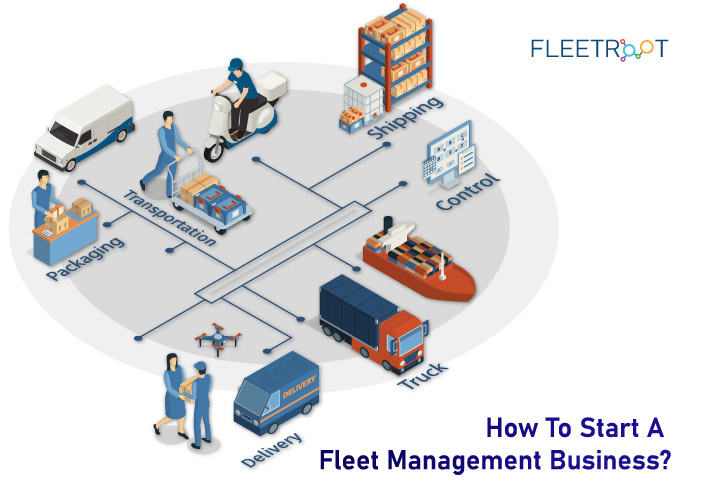
Image Source: Google
Efficiency is a critical component of success in any business operation. In today's fast-paced world, companies need to constantly find ways to streamline their processes and maximize their resources. One revolutionary technology that has transformed the way businesses operate is GPS asset tracking. By harnessing the power of GPS technology, companies can effectively monitor and manage their assets in real-time, leading to increased productivity, reduced costs, and improved overall efficiency.
The Benefits of GPS Asset Tracking
Real-Time Asset Monitoring
- GPS asset tracking provides businesses with real-time visibility into the location and status of their assets.
- Companies can track the movement of assets, monitor their usage, and receive alerts for any unauthorized activities.
Improved Asset Utilization
- By accurately tracking the location of assets, businesses can optimize their usage and prevent unnecessary downtime.
- Companies can identify underutilized assets and redistribute them to areas where they are needed the most.
Enhanced Security
- GPS asset tracking helps companies protect their assets from theft or loss.
- In the event of theft, businesses can quickly locate and recover stolen assets with the help of GPS technology.
Applications of GPS Asset Tracking
Fleet Management
- GPS asset tracking is widely used in fleet management to monitor the location of vehicles and optimize routes.
- Companies can track fuel consumption, driver behavior, and vehicle maintenance schedules to improve efficiency and reduce costs.
Construction Industry
- Construction companies use GPS asset tracking to monitor the location of equipment and machinery at job sites.
- By tracking equipment utilization and maintenance schedules, companies can ensure that projects are completed on time and within budget.
Supply Chain Management
- GPS asset tracking is essential for supply chain management to track the movement of goods from suppliers to customers.
- Companies can optimize inventory levels, reduce shipment delays, and improve customer satisfaction with real-time tracking capabilities.
Implementing GPS Asset Tracking
Integrating GPS asset tracking into your business operations is a straightforward process that can deliver significant benefits. Here are some key steps to consider:
- Assess your business needs and define the assets you want to track.
- Choose a reputable GPS asset tracking provider that offers the features and support you require.
- Install GPS tracking devices on your assets and ensure they are properly configured for accurate data tracking.
- Train your employees on how to use the GPS asset tracking system and interpret the data effectively.
- Continuously monitor and analyze the data collected to identify opportunities for improvement and make informed business decisions.
Conclusion
GPS asset tracking has revolutionized business operations by providing companies with the tools they need to enhance efficiency, improve productivity, and reduce costs. By harnessing the power of GPS technology, businesses can gain real-time visibility into their assets, optimize their usage, and enhance security measures. Whether in fleet management, construction, or supply chain management, GPS asset tracking offers a wide range of applications that can drive operational excellence and competitive advantage. By implementing GPS asset tracking into their operations, businesses can unlock new opportunities for growth and success in today's dynamic business environment.